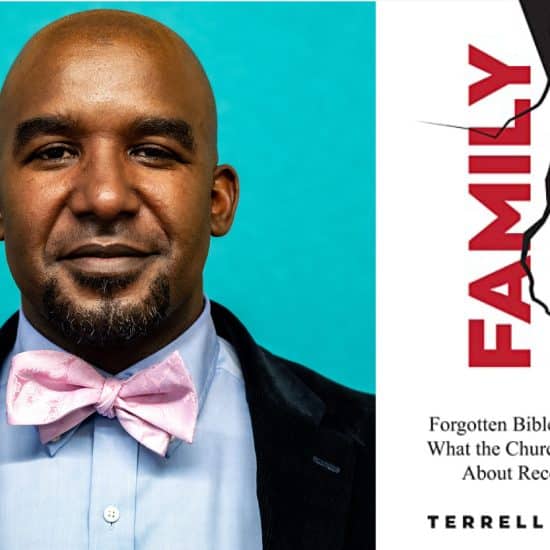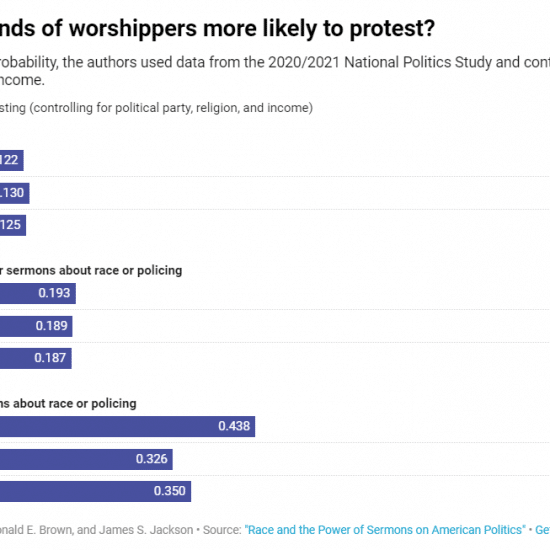Entities that serve groups of churches and their members inevitably find themselves modifying a lot (if not most) of what they do — and how they do it — lest they become ineffective and perhaps irrelevant and expendable.

Bill Webb
|
Most of us have discovered that what we do for a living within just about any field has been subject to changes along the way. Professions that cater to consumers — and most do — certainly have found this to be true.
Some of us now in our middle years can recall when families had their shoes repaired at least once — usually even more often — rather than throw away the worn pair in favor of new shoes. It was customary to have small appliances repaired when they went on the blink. Finding a shoe repair shop is getting harder these days. It is nearly impossible to get something mechanical fixed. And then it might be more expensive to repair than to simply replace.
Most of us have been conditioned to realize when to let go of something and start fresh. Even so, people of faith normally are not the best examples of change agents. Perhaps that is because we develop spiritual connections that tie us not only to God but also to activities, exercises and people that have been extremely meaningful to us through the years.
We religious/spiritual types develop emotional ties, and we don’t necessarily distinguish between principles and methods when considering change. To be sure, change should almost never be a knee-jerk reaction. In faith matters, change might not be what is needed in a given situation. These days, it may take strength to resist change for the sake of change.
That said, it is tantamount to sin for believers not to evaluate who, what, why, when, where and how of virtually every ministry, activity or strategy regularly. All of us know that such considerations need to include consultation with everyone who has an interest in the particular matter, and any decision to change has to be especially informed by scriptural and prayerful insight.
People of faith often find themselves in a particular quandary, especially as they desire to see more people come into the church and into a relationship with Christ. “How can we make our church more attractive — more appealing — to young families, young people, professionals and senior adults?” they ask.
Some Christians feel that unbelievers need to be reminded of the benefits of faith in Christ but not necessarily the challenges of being a faithful Christian, at least not up front. “We need to make faith in Christ and the Christian life more palatable,” they sometimes suggest. Some churches inadvertently (perhaps) lower expectations for active membership.
The finest example, of course, of how best to approach what a church and what Christianity needs to be is still found in the example and admonition of Jesus. That means we think long and hard before making certain changes.
A large church was in the news a few years ago because it apparently had installed a baptistery in its children’s area that had a fire truck motif. It was a kid-friendly way to be baptized and likely prompted more than one youngster to make a decision for Christ and baptism because of the fun trappings.
By contrast, Jesus hesitated to downplay the demands of discipleship, and churches should emulate the Savior in that regard. But Christ also was a winsome Savior and Lord. Some churches — pastors and members — haven’t fully mastered that quality. Scripture illustrates that he was — and is — worth following, even when the path is difficult. Shame on well-meaning believers who downplay or whitewash that very important truth.
To be sure, church facilities need to be as friendly and navigable as possible for visitors and members. It is the principles that have to be honored and maintained. Methodology can almost always be fine-tuned, but it needs to be done well.
To merely communicate a gospel or a congregation that focuses on being palatable is likely to set the standard too low. Outsiders can easily spot a congregation that is either church-light or Christian-light. Entertainment alone has a way of being spiritually unsatisfying. The exercise of faith is meaningful, and it should never be cast otherwise, even to attract outsiders.
Bill Webb is editor of Word &Way.






